Hair conditioners – advantages, types, purposes and the best components
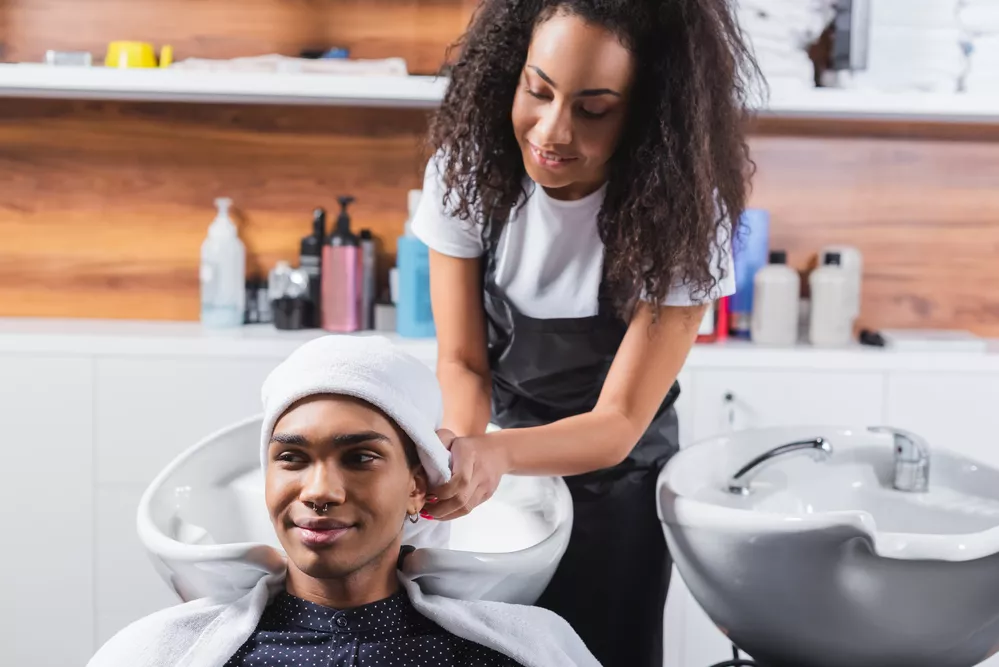
A hair conditioner is a must-have in hair care. Most women cannot even imagine washing hair without applying a conditioner. When we go shopping we have to ask a question – which product should I choose? Often, under the influence of impulse, we reach for a random product that turns out to be a really bad choice. Haircare is an important part of the home routine, on which depends the condition of our hair and skin of our head, so we should pay attention to what we choose. How to find an ideal conditioner among so many types of which number is constantly increasing? It is worth finding out what are the types and functions of each one of them – then the decision and choice of proper conditioner, that is perfectly suited to your need will be much easier.
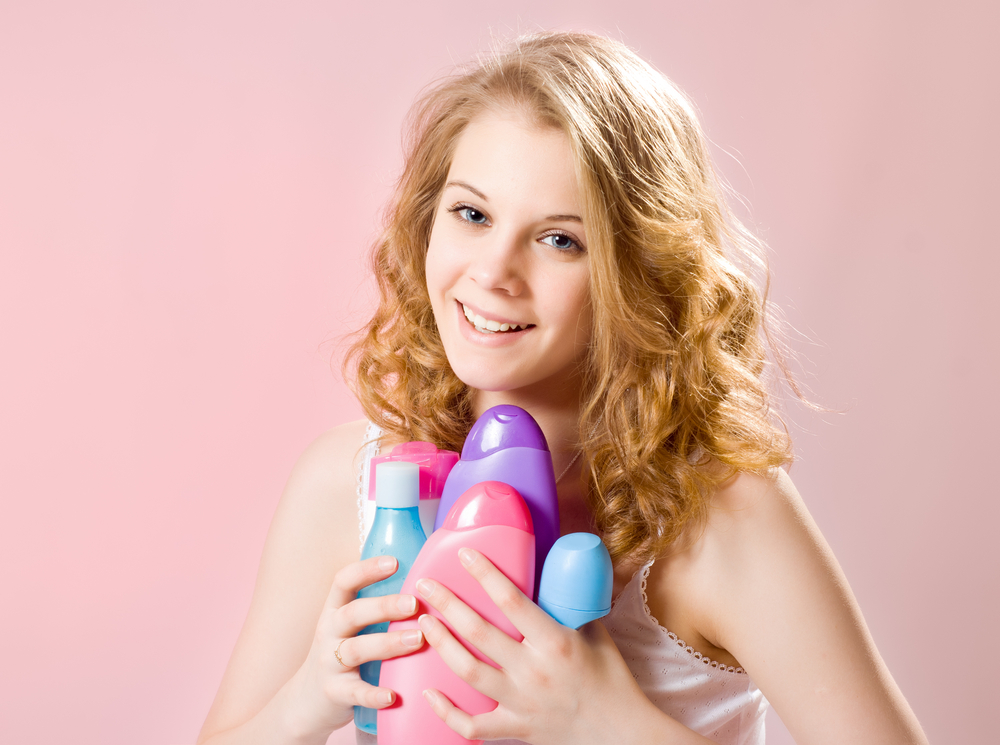
Hair conditioners – table of Contents:
- Hair conditioner for home care
- Why is it worth using a hair conditioner? Advantages of using and regular hair care
- Functions of a hair conditioner
- Hair type, choice of the right conditioner and recommended ingredients:
- coloured hair,
- damaged and dry hair,
- straight hair,
- curly hair,
- thin hair,
- thick hair,
- professional conditioner for intensive hair regeneration,
- hair conditioner for men,
- anti-hair loss conditioner,
- hair conditioner for children,
- leave-in spray or mist conditioner.
- Conditioner or hair mask? What is the difference and which one should you choose?
- The best ingredients of hair conditioners
- Substances that should be avoided in the composition of the hair conditioner
Hair conditioner for home care
Shortly, hair conditioner is a cosmetic for hair care which use guarantees an immediate effect, that is smooth, soft and elastic hair which are easy to style. It protects the ends from drying and splitting. What is more, it facilitates everyday hair care routine not only for women but also more and more often for men. It is largely responsible for how your hair will behave and look throughout the day. Its use is necessary in the case of coloured or lightened hair. Without it, hair is stiff, dull and tangles easily. We can say with certainty that its presence in each bathroom is a necessity.
That is why hair care should be a ritual for all of us.

Why is it worth using a hair conditioner? Advantages of using and regular hair care
-
Smoothes hair – hair conditioner
Ingredients present in the conditioner helps to close the cuticles after washing. They form on the hair surface a protective film. They evenly fill the defects in structure giving an effect of smooth and shiny hair.
-
Makes detangling easy – hair conditioner
And also styling your hair later. Sometimes it may happen that you will use too little of the cosmetic and as a result, you will have a lot of knots – conditioner will also prevent losing hair (when trying to get rid of the knots).
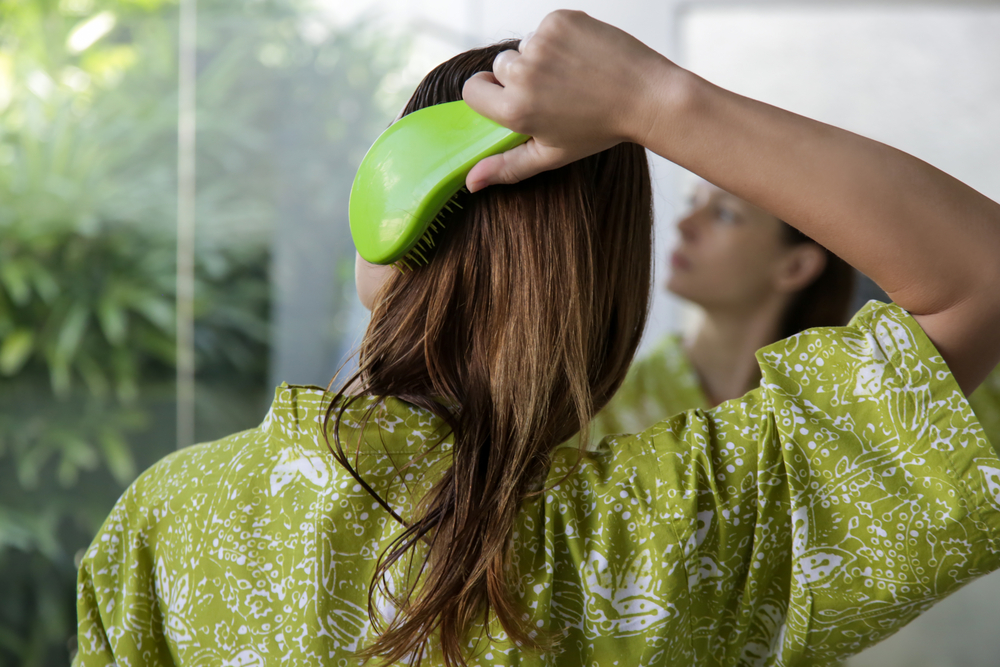
-
Impacts the look of hair – hair conditioner
Depending on the type of cosmetic it can reduce frizzing or static hair, emphasize curls or preserve the straight line and structure of the hair. It can also give shine or bring out the colour.
-
Moisturizes – hair conditioner
It is a necessary step (after washing your hair with shampoo), which often contains harsh cleansing substances. After such cleansing treatment, every conditioner should provide hair with intensive and precise hydration.

-
Nourishes – hair conditioner
Ingredients present in conditioner penetrate the inside of hair structure visibly influencing its condition.
-
Strengthens hair – hair conditioner
Especially ones that are dry, damaged and break easily. Thanks to the conditioner application hair are stronger and more resistant to damage and what is more further process of damaging is stopped. Gives energy hair, or actually, its structure is ready-made, a dead product of human epidermis. Without conditioner, hair can be weak, stiff, dull and overburdened – giving an effect of flat hairstyle. Due to the use of care products, it can get volume, dimension and shine beautifully – it will be more lively and full of energy.
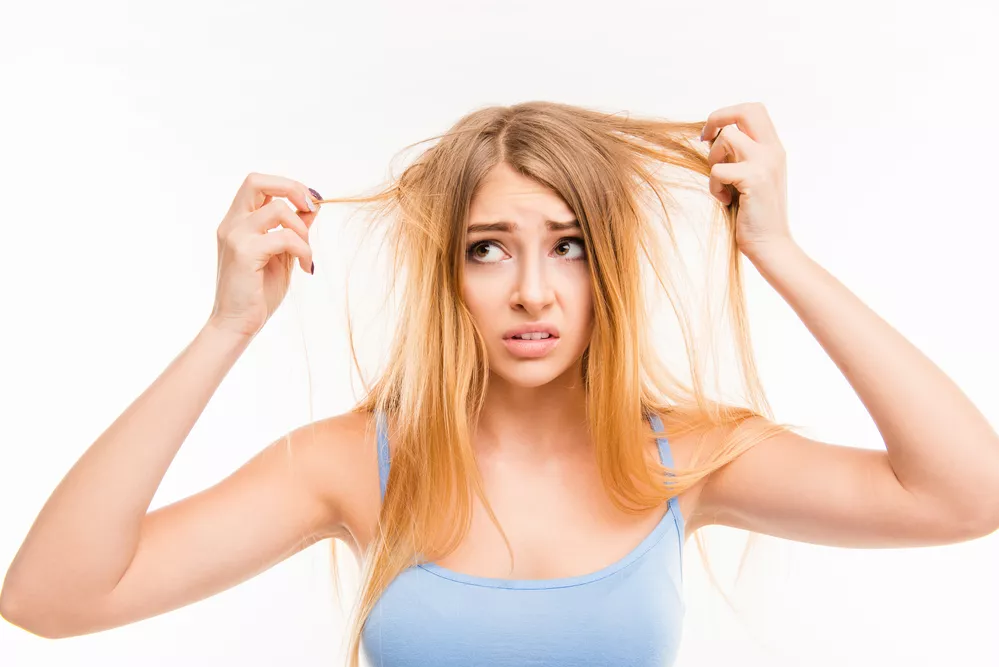
-
Protects hair from damage – hair conditioner
Thanks to nourishing, strengthening and closing of hair cuticles. Good conditioner should protect hair from environmental factors (sun, wind, frost, smog) and thermal factors (straightening, blow-drying), chemical (colouring) and mechanical (detangling, brushing). Properly hydrated hair can keep precious moisture inside for a longer time, thanks to which they are naturally elastic, bouncy, resistant to drying and different kinds of damage.
-
Regenerates hair – hair conditioner
Full revitalization is not possible for 100% because hair cuticle damaged can be too deep. But a good cosmetic – partially due to filling of the micro-damage can significantly improve the condition of hair. It will look like you have renewed, vital and shiny hair.

Functions of a hair conditioner
The name of this cosmetic itself brings you to the conclusion that is responsible for hair condition. Conditioner plays many roles. Looking at the fact, that even healthy and strong hair requires a constant application to keep a good condition and spot-on looks. We can divide the action of the conditioner into 3 main functions that it provides:
- Brings back health and good condition of the hair– through proper hydration, nutrition and regeneration hair can become: strong, resistant to damage and naturally shiny and smooth.
- Has an impact on hair appearance – another role of the conditioner is to help in taming unruly strands of hair by protecting against drying and becoming dull. It makes hair elastic, easy to style and just looking good – it gains playful shine and smooth structure.
- Prepares for further styling – hair become more bouncy and easy to tame during the next steps of beauty treatments. It stops tangling, prevents pulling out and breaking when you try to comb it. They are also more resistant to the high temperature of blow dryers or straighteners.
Hair type, choice of the right hair conditioner and recommended ingredients:
During shopping, besides the recommendations of the manufacturer about the hair type (conditioner for coloured, damaged, thin or curly hair) we should also pay attention to additional information. You should check the ingredient composition and try to find precious substances, that are suited to your needs and that will positively affect your hair type, structure and porosity. Ad of a cosmetic brand is one thing, and sometimes far from the truth, but the action itself is something completely different. Depending on your individual needs, you should pay attention to the presence of important ingredients in the cosmetic categories listed below:
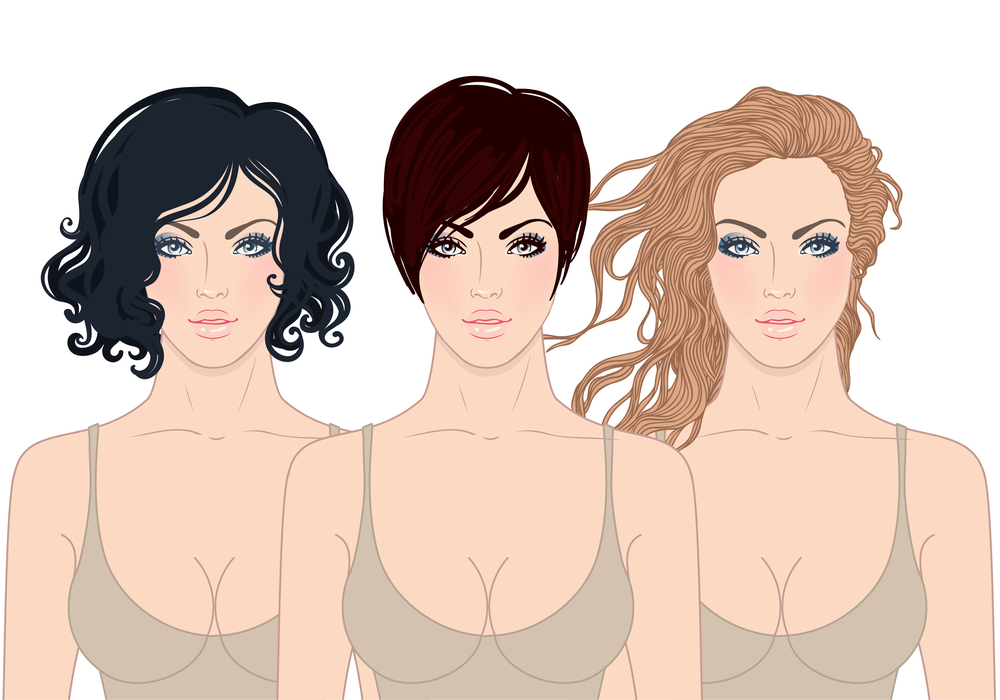
Conditioner for coloured hair
Its components should enhance the colour, add shine and protect the hair structure from washing out of the pigment and from bleaching caused by sun or wind. It should also help to tone the hair and maintaining proper shade, for example for blond hair you should choose violet cosmetics, protecting from the domination of the yellow colour and eliminating orange tones. You may find these substances useful: plant extracts for example from passion fruit, grapevine, pineapple or valuable oils: argan, from sea buckthorn seeds and glycerine, which not only moisturizes the hair but also enables the transport and the penetration of other nutrients into the deeper layers of the hair.
Conditioner for damaged and dry hair
You should look for strengthening and regenerating proteins (collagen, elastin, keratin, silk, amino acids), ceramides, oils based on natural fruit extracts, plant extracts such as wheat sprouts, oats, polymers, and also proteins from milk or egg. They have a positive effect on hair condition, bettering its condition and making it smooth, shiny and easier to style. It is also important to maintain proper hydration. Therefore, humectants are also an ideal solution, e.g. panthenol, glycerine, arginine, allantoin, honey or aloe.

Conditioner for straight hair
This type of hair may seem easy to take care of it. In the case of straight hair a good choice will be every oil, butter shea, jojoba or wax (lanolin)- so emollients. They will precisely protect hair cuticles from damage and moisture loss. They will add elasticity and softness and prevent static hair by weighing down too light and delicate strands (without making hair look oily).
Conditioner for curly hair
The components mustn’t overweigh the hairstyle because it can damage the natural shape of curls. As an effect hair will break easily. The ideal choice will be light conditioners with keratin, amino acids, silk, collagen, elastin – so with proteins and natural oils – emollients and aloe or panthenol – humectant. You should stay back from paraffin, silicones or waxes. Though a minimal presence of these artificial emollients will not make much harm. They will close the hair cuticle and protects the strands from damage. It is important to know how much and how often you should use them.
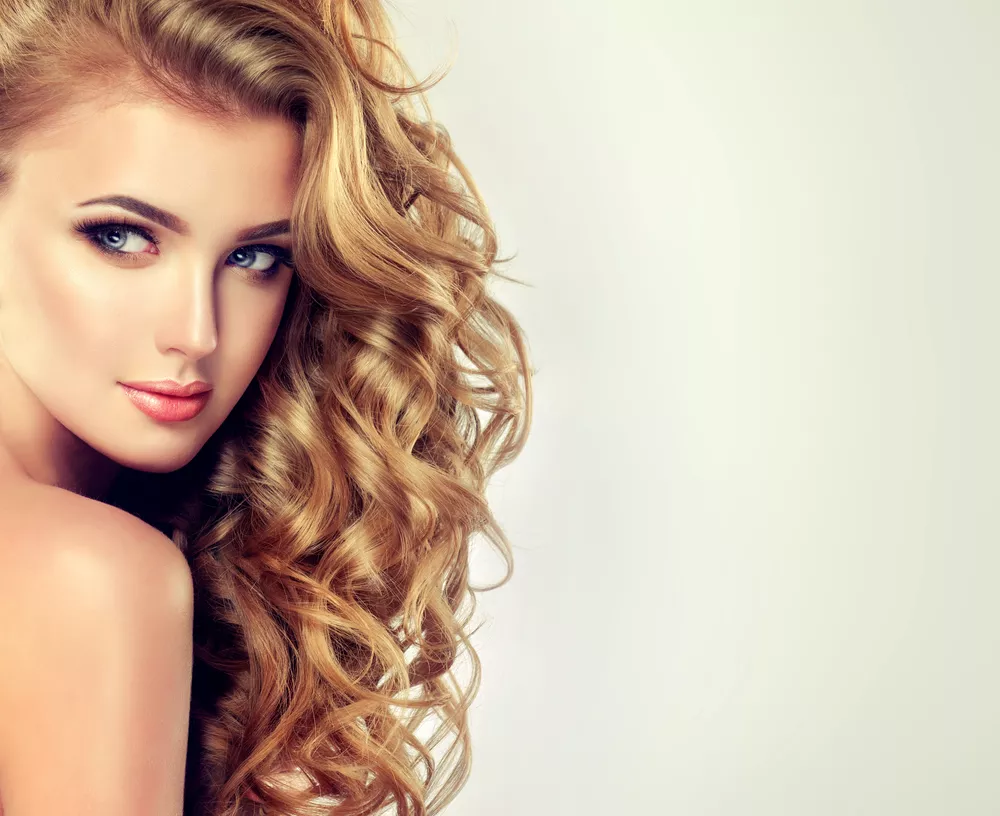
Conditioner for thin and delicate hair
This type of hair especially needs volume and lightness without the effect of static hair. Such type tangles easily after washing and due to that it is easy to pull hair out. A good choice will be natural, delicate plant extracts of cotton, flax, macadamia oil, black seed oil, pumpkin seed oil, panthenol and irreplaceable keratin. This type of hair also requires avoiding any artificial substances, such as silicones, which can weigh it down, and in excess, they will simply access the scalp and lead to an allergic reaction, causing seborrhoea or dandruff.
Conditioner for thick hair
Happy owners of this type of hair have to remember about regular care. This type of hair is naturally more stiff and resistant to damage, often described as low porosity hair. It requires constant hydration and protection from damaged. We recommend cosmetics with emollients – that will protect it (coconut oil) and humectants – moisturizers (hyaluronic acid, aloe, panthenol, glycerine). Protein conditioner is not advised because it can weigh down the hair and result in tangled, oily hair.

Professional hair conditioner for intensive hair regeneration
This cosmetic is recommended for people who want to strengthen the hair between chemical treatments (strong lightening, colouring or after hair treatment with the use of high temperature). These are the products having a very concentrated composition and action – usually available at the hairdresser or added in form of a small sample with the at-home hair dye. The best products for regeneration are those with proteins (keratin) or natural plant extracts and oils, for example, argan oil.
Hair conditioner for men
This type of cosmetic is designed for men’s needs. Its composition can be additionally enriched with vitamins and microelements, that will stimulate scalp and hair bulbs, protecting from premature hair loss and contributing to maintaining natural hair pigmentation.
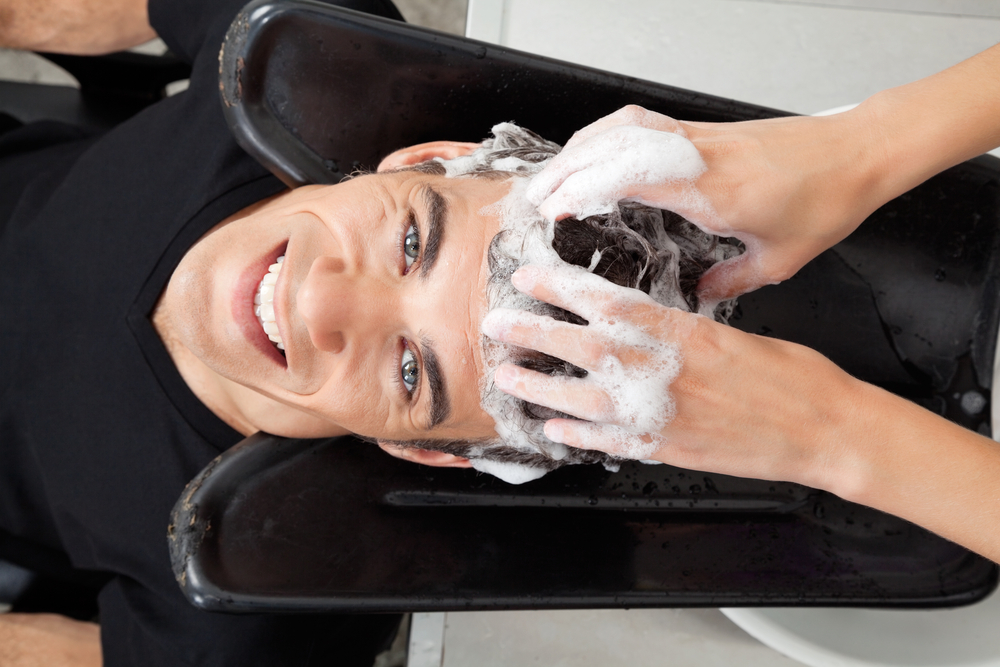
Anti-hair loss conditioner
It is a specialized type of cosmetic, that ensures complex support on many levels. Often when we are struggling with hair loss there is a need for supplementation, special treatments, massages, ampoules, masks, shampoos and conditioners. Additionally, they contain many active substances that stimulate hair bulbs.
Hair conditioner for children
Yes, even the youngest need such support in care. Children’s hair is often delicate, thin and tangles easily which result in knots that are hard to comb. That is why using a conditioner at the step of hair washing will eliminate future problems and will make taking care of hair easy. But remember to pay attention to natural, beneficial composition.
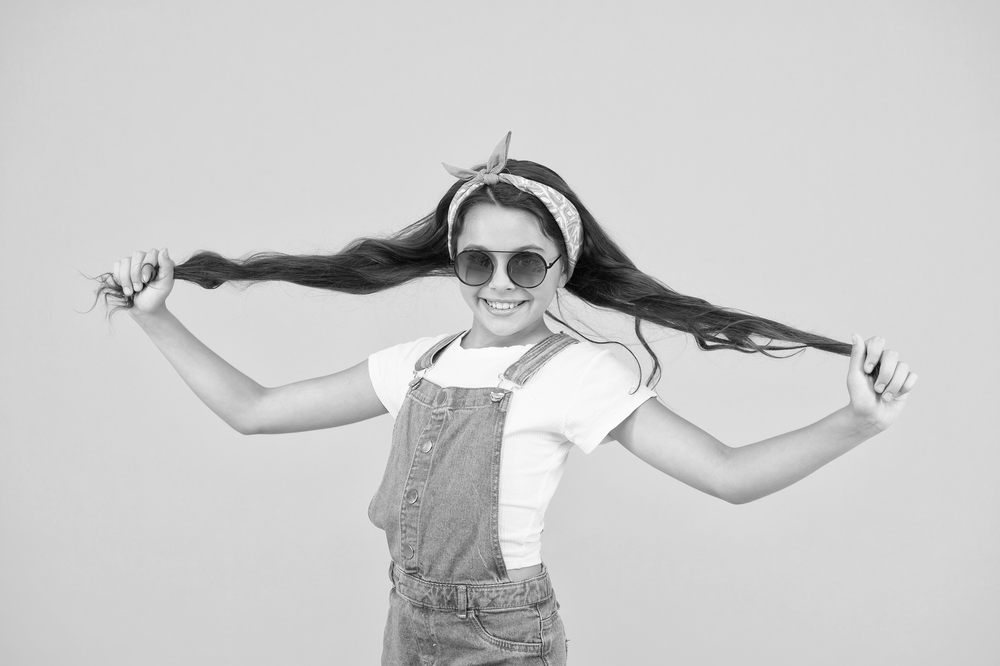
Leave-in spray or mist hair conditioner
It is a very convenient formula for quick nourishment and strengthening of the hair. Such spray conditioner does not require rinsing, you can apply the mist on damp (or dry) hair during the day and enjoy an instant effect.
Hair conditioner or hair mask? What is the difference and which one should you choose?
Conditioner is a product designed for everyday care. It has a light formula, so it will not weigh the hair down. Hair will be delicate, soft and fluffy, instantly moisturized and pleasant to touch. On the other hand, a hair mask is much more concentrated and heavy. It is recommended for strengthening and rebuilding damaged hair. You can use it once a week at maximum, and after application, you should leave it on your hair for 15-20 minutes so that the precious ingredients can deeply penetrate the hair structure.
Which one should you choose? It is worth having both. Conditioner can be applied after every wash and mask can be used on special occasions. But remember to use a mask only when you need intensive nourishment, renewal and full regeneration. Healthy hair can become frizzy, weighed down, heavy and oily as a reaction to an enormous amount of nourishing substances and proteins.

The best ingredients of hair conditioners
Cosmetics manufacturers are racing each other coming up with new, creative and rare sources of valuable substances that will positively affect the hair structure. We should remember that the natural substances, that we know for centuries, are as good as cosmetic novelties. They are thoroughly tested (though they are not trendy at the time), still effective and we can fully trust them. Valuable substances that you should pay attention to when buying a hair conditioner:
-
Keratin – hair conditioner
It is the protein that makes up to 90% of the hair structure. From bulb to the cortex, to every cuticle surrounding the hair. When there is a lack of keratin in the organism we can observe easily breaking hair and nails and prone to irritation, cracking skin. That is why keratin as a component of hair conditioners, regenerates, fills the defects and damages in hair structure, giving an instant effect of smooth and more elastic hair. Additionally, it makes it look better, prevents becoming dull and dry and end splitting.

-
Aloe – hair conditioner
Commonly known, due to its care, moisturizing, nourishing and renewing properties. It is acknowledged for its natural and rich composition because it is a source of vitamins C, A and group B as well as important minerals. It is worth trusting it, as it is commonly used not only in hair cosmetics but also for body, face and lip care and even as a juice for drinking.
-
Sea buckthorn seed oil – hair conditioner
The essence obtained from this plant is an intense source of vitamin E, which strengthens the hair and helps to maintain its healthy appearance for example by increasing protection against the sun and free radicals. Sea buckthorn, European, popular Tibetan or Siberian, known as the ‘gold of Siberia’, grows in harsh mountain conditions, on slopes or sands. Therefore, in the fruits of this shrub, due to the difficult environmental conditions in which they must mature, we can find huge amounts of active substances.
Among them are vitamins: C (in high dose), E, A, K, F, D, P, B12 and other vitamins from group B or microelements like silicon (beneficial for hair), magnesium, iron, nickel, manganese, molybdenum, potassium. Sea buckthorn is also a source of many amino acids, antioxidants, lipids and fatty acids, so it is often used as a medicine. It restores the health and balance of the body – and this is also how it works on the hair.
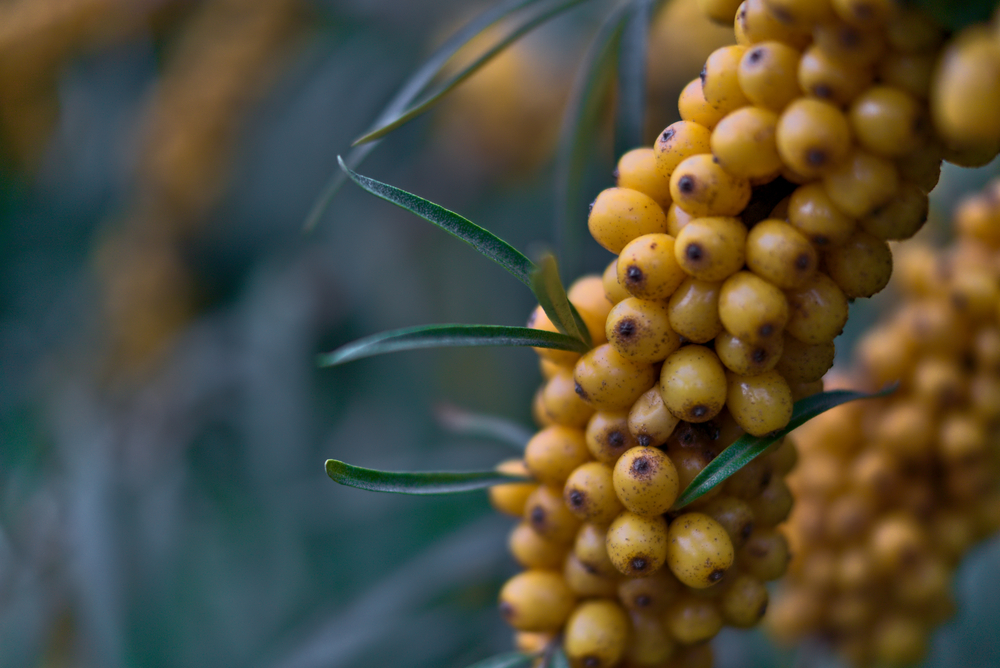
-
Arginine – hair conditioner
Do not be fooled by its catchy name – it’s just one of the amino acids that build up proteins. It is a natural part of keratin that build hair. As a component of conditioners, it hugely impacts the hydration of the hair. Additionally, it opens micro cavities between hair cuticles and allows for nutrients to penetrate the inner layer of the hair (during rinsing off the conditioner with the warm water, cuticles will be closed, keeping the moisture inside of the hair). Arginine also stimulates the circulatory system thus stimulating the bulbs for hair growth. Though specialists like trichologists and dermatologists do not recommend putting hair conditioners straight onto the scalp, so as not to clog the pores, as a part of rubs and shampoos, arginine will be a great addition.
-
Hemp oil – hair conditioner
It delivers perfect hydration for hair, so it protects and prevents damage due to stylization with high temperature or weather. It contains a lot of active substances: valuable Omega-3 and Omega-6 fatty acids, amino acids, vitamin E and multiple minerals, thanks to which it is highly nourishing and regenerating for damaged, thin, weakened, frizzy or tangling hair.
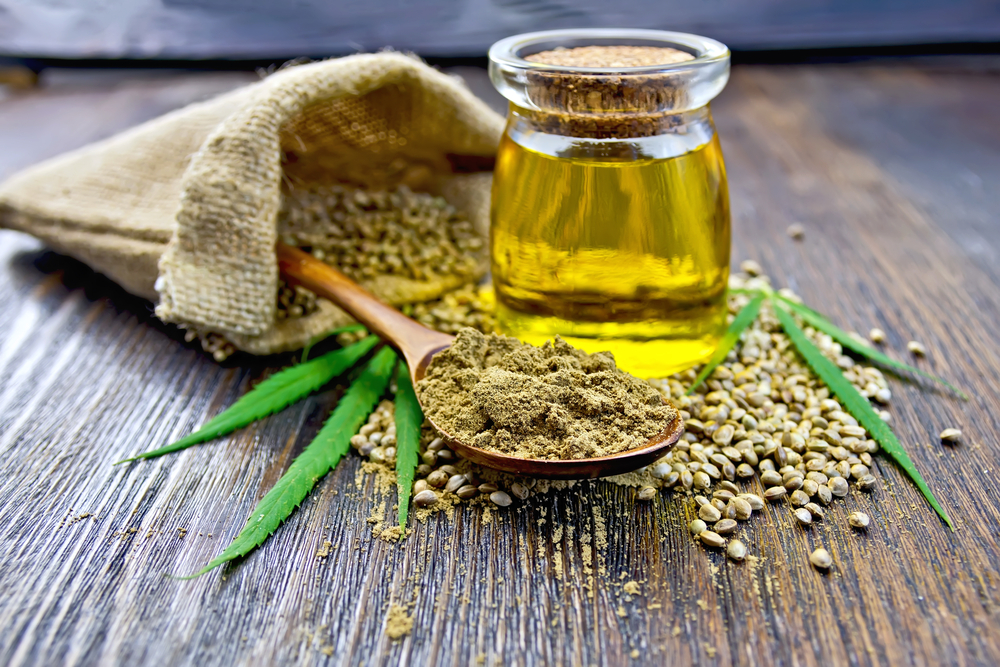
-
Avocado – hair conditioner
The fruit of this tropical tree is a rich source of many valuable substances, that positively influence hair condition. Among them, we can find C, E, K and group B
vitamins, provitamin A (beta-carotene), Omega-9 monounsaturated fatty acids and trace elements: potassium, zinc, iron, copper, phosphorus and magnesium. Avocados hydrate, nourish and rebuild, while thoroughly protecting the hair from the sun and negative factors. Makes it silky, soft and flexible.
7. Monoi oil – hair conditioner
It is a combination of 2 ingredients: coconut oil and the essence of Tibetan gardenia flowers. This special recipe has already been used for beauty purposes in ancient times, by the inhabitants of Polynesia and the Tahitian islands. This oil intensively regenerates, nourishes and moisturizes the hair and protects it, for example, against the sun and excessive drying of the ends.

8. Coconut oil – hair conditioner
As it was mentioned before, coconut oil contains numerous active ingredients, namely the valuable Omega-3 and -6 fatty acids which strengthen the lipid barrier and vitamins: C, E, B group, folic acid (B9) and microelements that can penetrate the deeper layers thus providing comprehensive nourishment, hydration and regeneration. Coconut oil also prevents the loss of keratin, which is responsible for the strength and healthy appearance of the hair.
9. Natural butters: shea, mango, apricot, murumuru or jojoba – hair conditioner
They deeply nourish and regenerate the hair. Valuable substances penetrate the hair strands, additionally creating a micro-thin oily film on the surface, protecting the hair against negative factors and giving the effect of a shiny hairstyle. But do not worry, it will not make your hair oily as you might think. After washing your hair with a strong shampoo (often with SLS – sorry about that but most of them contain it), it is thoroughly cleansed, but also can become dry and requires a small amount of oil.
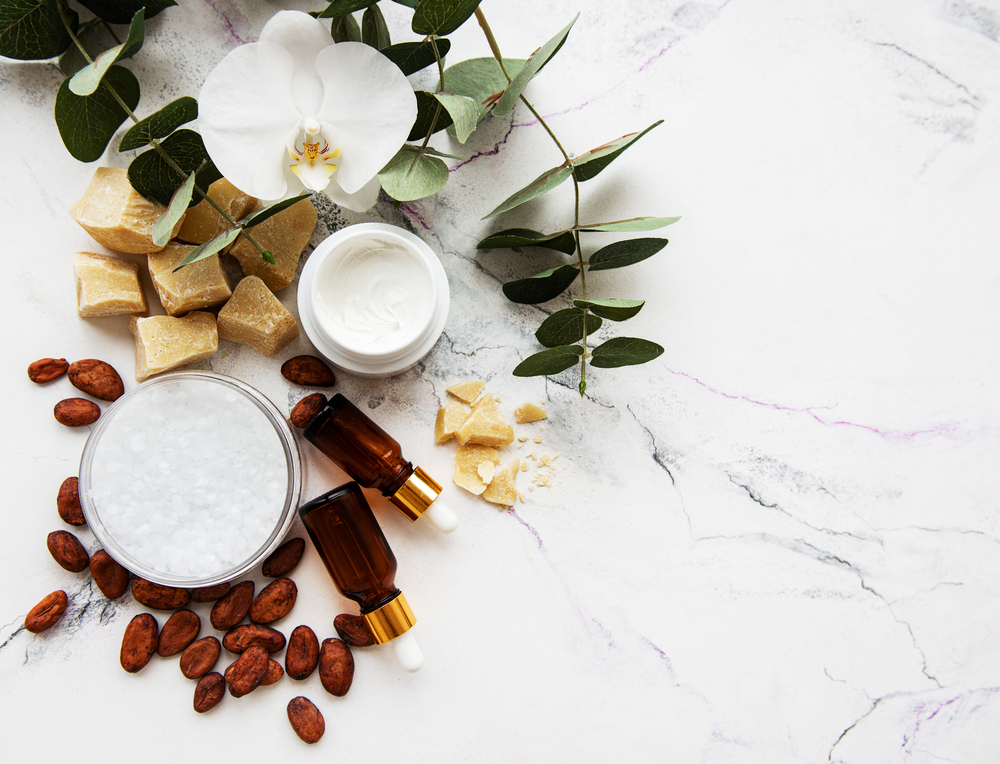
10. Roucou oil (Bixa orellana seed oil) – hair conditioner
It is obtained from the seeds of the exotic plant Bixa orellana (also achiote) which can be found in South America. The fruits of this shrub resemble European chestnuts, but are red and filled with fine seeds, which are a natural source of antioxidants, beta-carotene (i.e. provitamin A), vitamin E, ellagic acid and many micronutrients such as selenium, magnesium, and calcium. Roucou oil binds water and retains it in the hair structure, which is why it perfectly moisturizes and improves hair elasticity, so you can easily comb it. In addition, it protects against UV rays and is also a natural dye that supports the pigmentation of the hair, emphasizing reflections and giving them an attractive shine.
11. Argan oil – hair conditioner
Argan oil provides comprehensive care, since it perfectly moisturizes, nourishes and strengthens and regenerates the hair. This liquid gold from Morocco is a source of vegetable oils that contain antioxidants and vitamin E which have an extremely positive effect on hair condition. Argan oil takes care of the healthy appearance of the hair, tightly closes and smoothes the cuticles, protecting against drying out, dullness and splitting ends.

12. Hyaluronic acid – hair conditioner
Yes, it not only affects the condition of your skin but also your hair. It can absorb water, and hydration and keeping the moisture is what your hair needs to look healthy. Thanks to this your hair is bouncy, elastic and full of life.
13. Pomegranate fruit extract – hair conditioner
It is another ingredient of intensively nourishing hair conditioners. It acts as an emollient in the way that it closes and protects hair cuticles, making the whole hairstyle smooth and shiny.
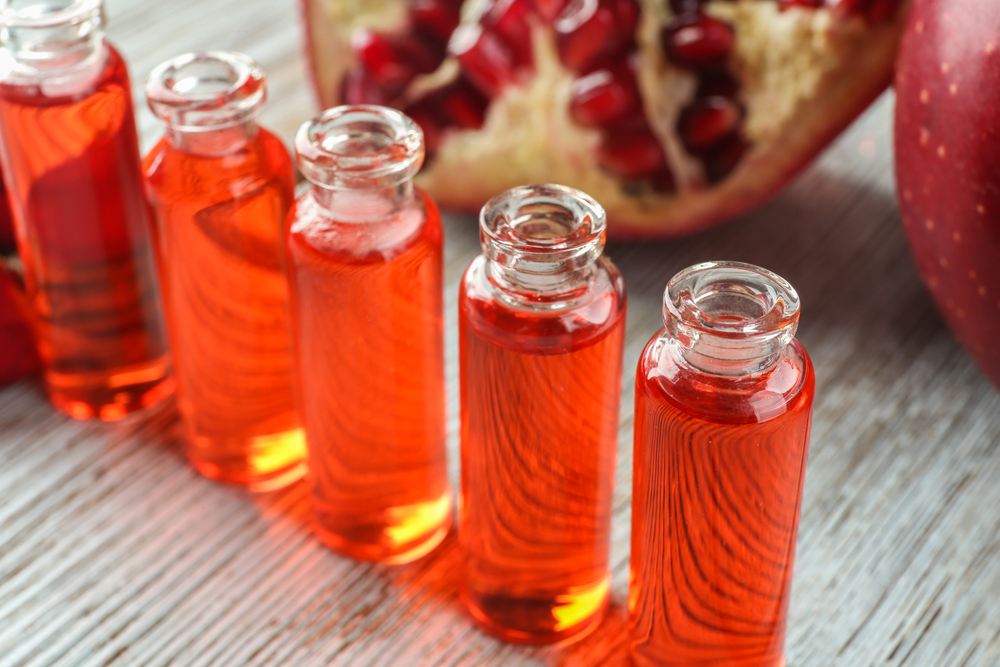
14. Grape seed extract – hair conditioner
Most commonly found in the form of grape seed oil. It is a strong antioxidant, therefore it protects and strengthens the hair and additionally gives it a healthy, shiny look.
15. Glycerine – hair conditioner
It can be often found in the composition of many care cosmetics in various proportions, among others in body balms, because it has good moisturizing properties. It is also good for the hair, it helps to maintain proper level of moisture and improve its elasticity. However, many of us avoid it because we fear that it will leave a greasy layer. Its content in cosmetics is precisely defined as a percentage. Its presence is often essential as it allows other valuable nutrients to penetrate deep into the hair structure – ensuring their full action.
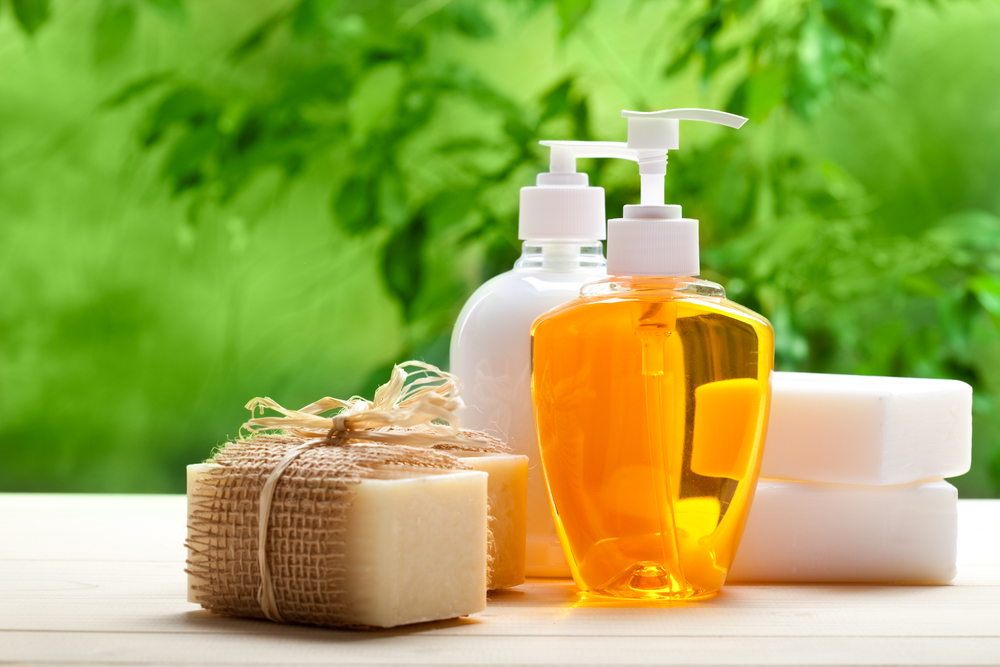
16. Panthenol (provitamin B5) – hair conditioner
Although the boom and years of its popularity have passed, it is a proven ingredient in many cosmetics, so it is worth investing in it. Because it strengthens, moisturizes and visibly improves the condition of the hair, adding volume and shine.
17. Ceramides – hair conditioner
They have an impact on the reconstruction, regeneration, hydration and nourishment of the hair. Ceramides are present in the hair structure, where they form a lipid layer. Therefore, when applied during home treatment, along with the conditioner, they can fill defects and gaps, creating a strong protective layer. They improve the condition of the hair, its elasticity makes it shiny and bouncy while protecting against split ends. As a result of damage, severe stress or just due to our age, the level of ceramides decreases, so it is worth considering their use during hair care.

18. Babassu oil (Orbignya oleifera seed oil) – hair conditioner
Its main advantage is perfect hydration and restoration of elasticity and good condition of the hair by smoothing and protecting its structure. This oil is made of Atalia palm nuts and is greatly valued in cosmetology for its quick absorption and due to the fact that it is not leaving a greasy film on the surface of the skin or hair.
19. Linen or cotton extract – hair conditioner
Provides nourishment, hydration, strengthening and protection. Thanks to a huge dose of valuable fatty acids, it protects the hair against new damage or splitting and excessively dry ends. It also makes your hair silky smooth, delicate, pleasant to the touch and gives it flexibility that facilitates styling.

20. Wheat or oat extract – hair conditioner
This ingredient ensures perfect hydration, giving you more control over unruly curls. It makes your hair soft and elastic, which helps to detangle and style it without unnecessary damage in the form of broken ends.
Substances that should be avoided in the composition of the hair conditioner
There is a lot of talk about the negative effects of using products containing artificial substances, detergents, preservatives or parabens. However, despite this awareness, manufacturers still include these harmful ingredients in cosmetics. They are cheap and strong cleansers, they foam well and quickly remove accumulated dirt and sebum and impurities. Usually, these substances are too aggressive for a sensitive scalp and prone to damage hair.
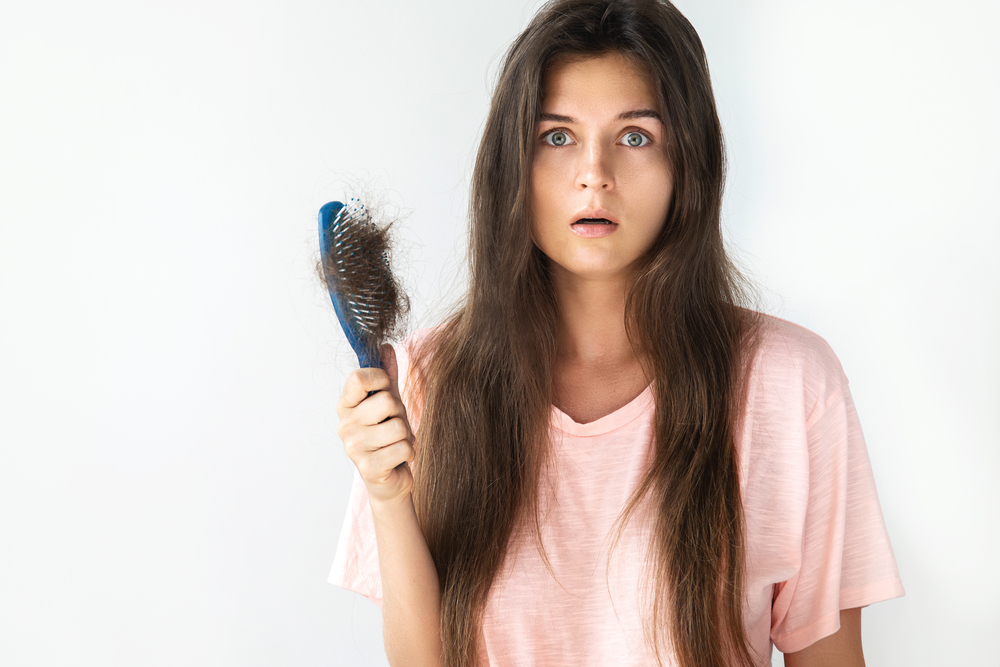
They can cause allergies or irritation. To keep your hair in good condition, it is better to avoid:
-
Alcohol – isopropyl alcohol(IPA) or its other names are: benzyl, ethylene glycol isopropyl, denat – hair conditioner
It is a toxic solvent, that helps to remove oil from the hair surface (makes the hair dry). The exception is fatty alcohols: cetyl alcohol or stearyl alcohol – they contribute to water and nutrients retention inside of the hair structure. So they act like emollients – they are lubricating hair.
-
SLS – Sodium Lauryl Sulfate – hair conditioner
Or SLES and SCS and any variations containing this synthetic substance. It is a cleansing detergent, which presence in the composition of the shampoo can be understood but it seems unnecessary as a part of the conditioner ingredient list.
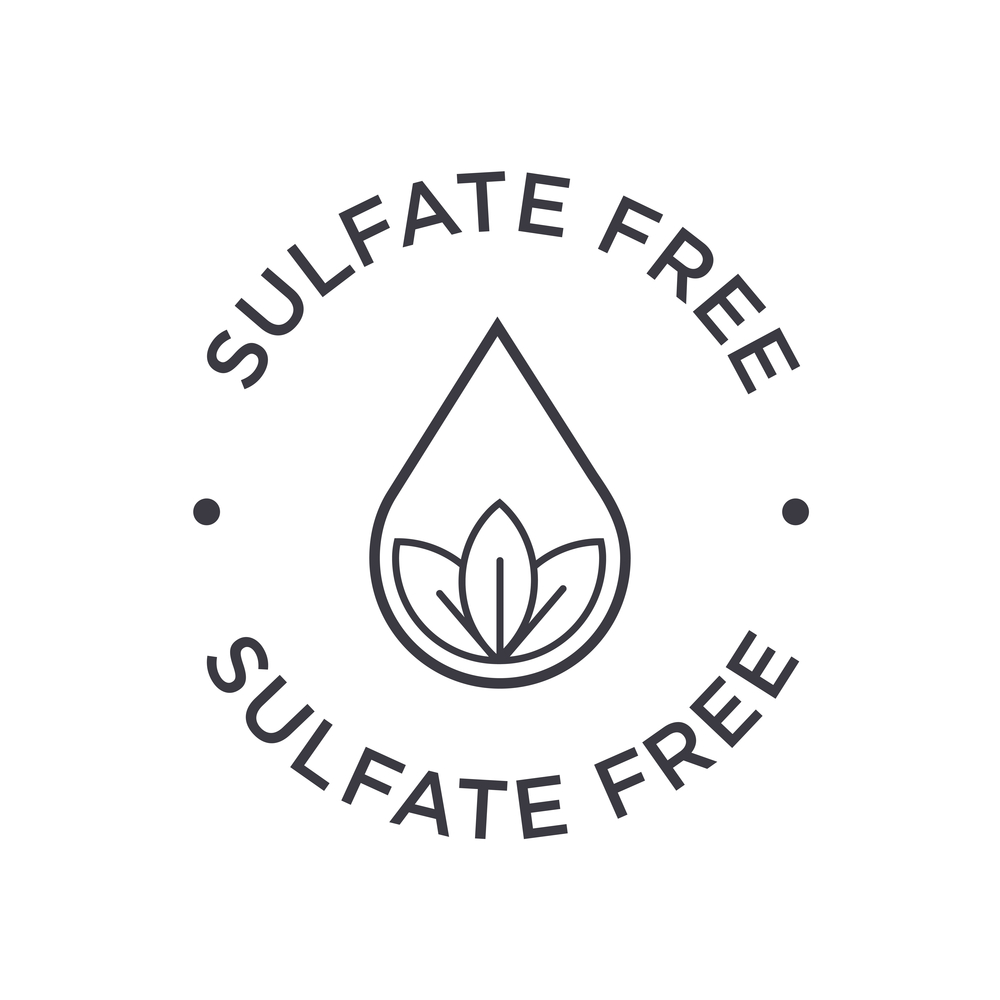
-
Silicones – hair conditioner
This substance can initially give very good effects making hair soft and shiny. When used frequently and for a long time, it sticks to the hair and prevents the penetration of valuable nutrients (during subsequent treatments). Not only silicone can build up but also it is very hard to get rid of it. Washing your head with regular, mild shampoo may not give the desired results. To make sure that the silicone is gone, it will be required to use a strong, quite an aggressive shampoo, which will not be beneficial for either the scalp or the hair. Therefore, it is better to choose natural substitutes for synthetic silicone that will give the same results, or even better thanks to the content of vitamins and minerals. These are emollients, e.g. vegetable oils or kinds of butter.
-
Artificial fragrances and scents – hair conditioner
During home care treatments, these substances may partially be absorbed by the skin into the body, and inhaling them may cause discomfort. If you have a headache or get dizzy, it is a signal that the conditioner may contain a toxic or even carcinogenic ingredient and it is better to give it up.
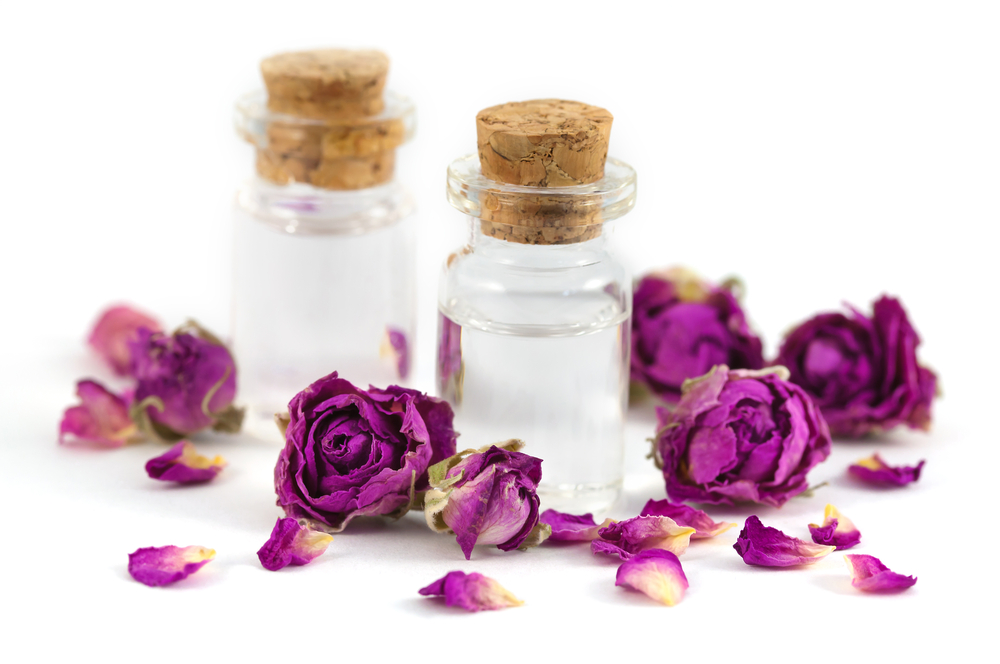
-
PEG – hair conditioner
Polyethene glycol – can be harmful to people with thin hair or those who have problems with atopic dermatitis. In other cases, it should not have any negative effects.